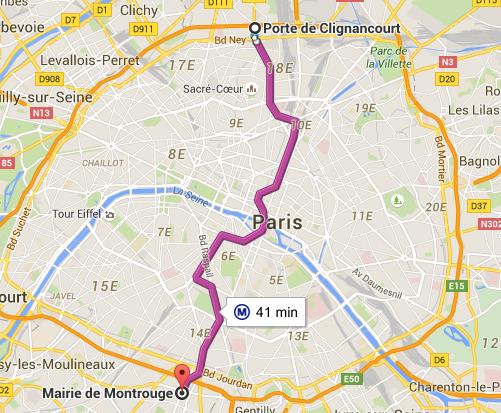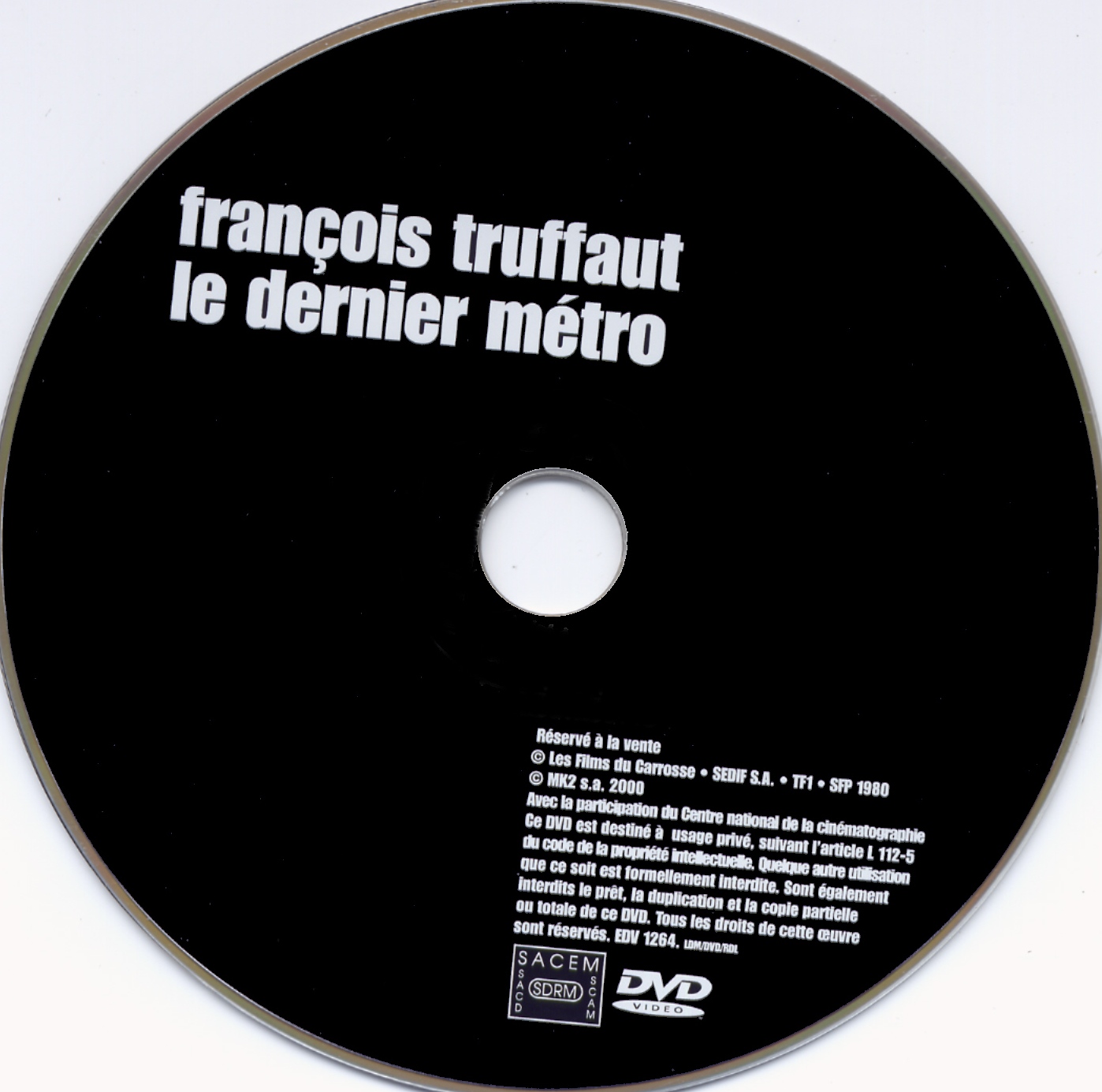
But Truffaut loved Gérard's peasant earthiness, it provided comic relief inside the sealed world of the set, and such behavior was perfectly in keeping with the way Truffaut had scripted the role of Granger. As usual, on the set, Gérard peppered his conversation with bawdy tales, and his antics often bordered on the piggish. The director used vous with everyone except Gérard between them it was always the more informal tu. On the set he used the formal vous form with everyone, his women included." As author Paul Chutkow explained, "By 'his women', Gérard was referring to Truffaut's many girlfriends, past and present, on the set. At the same time, though, he was extremely discreet.

Now he revealed himself to be a great adventurer, with crazy love affairs and women everywhere. I had imagined him to be a petit bourgeois. We have to do everything to put ourselves back into the context of the Occupation."ĭepardieu's view of Truffaut altered as filming progressed, "François revealed himself to be the opposite of everything I had imagined. And because you will be a hero of the Resistance, you have to keep everything to yourself. Only great artists have a regard like that it was sharp but on the lookout for everything." In explaining his role, Truffaut told Depardieu, "Because this is a film about the Occupation, this must be a secret film. I met a man with a regard that was extremely lively and perceptive. And something more: the love François had for Hitchcock and some of the great American directors. From what Jeanne Moreau said, you could feel all the romanticism and everything else which had brought the New Wave to French cinema. "She told me François was someone extraordinary, and that he had a special energy and poetry. He thought Truffaut had become bourgeois and had to be convinced to take the role by several people, including actress Jeanne Moreau, who had worked with Truffaut in Jules et Jim (1962) and The Bride Wore Black (1968). By the time he was approached to star in The Last Métro, Depardieu's opinion of Truffaut's films had soured. Although he had been interested in working with him as far back as 1968, Depardieu, who was still in drama school, felt he wasn't ready to work with a director of Truffaut's level. The Last Métro was the first time Truffaut had worked with Depardieu, the most popular actor in French cinema. Gérard Depardieu plays Deneuve's co-star in Steiner's play and the sexual tension between them adds to Deneuve's already complicated life. My heroine therefore would be a 'directress' and I immediately thought of Catherine Deneuve, a thrilling actress I had not used to the best of her possibilities in Mississippi Mermaid (1969)." Invented as it was, the idea was not entirely improbable, because the musician Kosma and the designer Trauner had known that situation, working clandestinely under false names for the films of Marcel Carné, for example.I had read that during the war fifteen or more theaters in Paris were run by women, actresses or former actresses. In remembering that the great French actor/director Louis Jouvet had left France for South America when the Germans invaded France, Truffaut asked himself, "hat would have happened if, for the love of a woman, a Jewish director had pretended to flee France but had remained hidden in the cellar of his theater throughout the war.

In preparation, Truffaut and Schiffman had read many memoirs of entertainment figures who had lived during the Occupation, such as Ginette Leclerc and Jean Marais. To escape the Nazis, Steiner is forced to go into hiding in the theater's cellar, where he secretly listens to the rehearsals of his new play and relays instructions to the assistant director through Marion. The film was written with Suzanne Schiffman and Jean-Claude Grumberg, and starred Catherine Deneuve as Marion, the actress/wife of Jewish theater director Lucas Steiner (Heinz Bennent). Share The Last Métro (1980, French title: Le Dernier Métro) was director François Truffaut's long-held desire to make a film set during the Occupation of France during World War II, a place he had known well as a child.


 0 kommentar(er)
0 kommentar(er)
